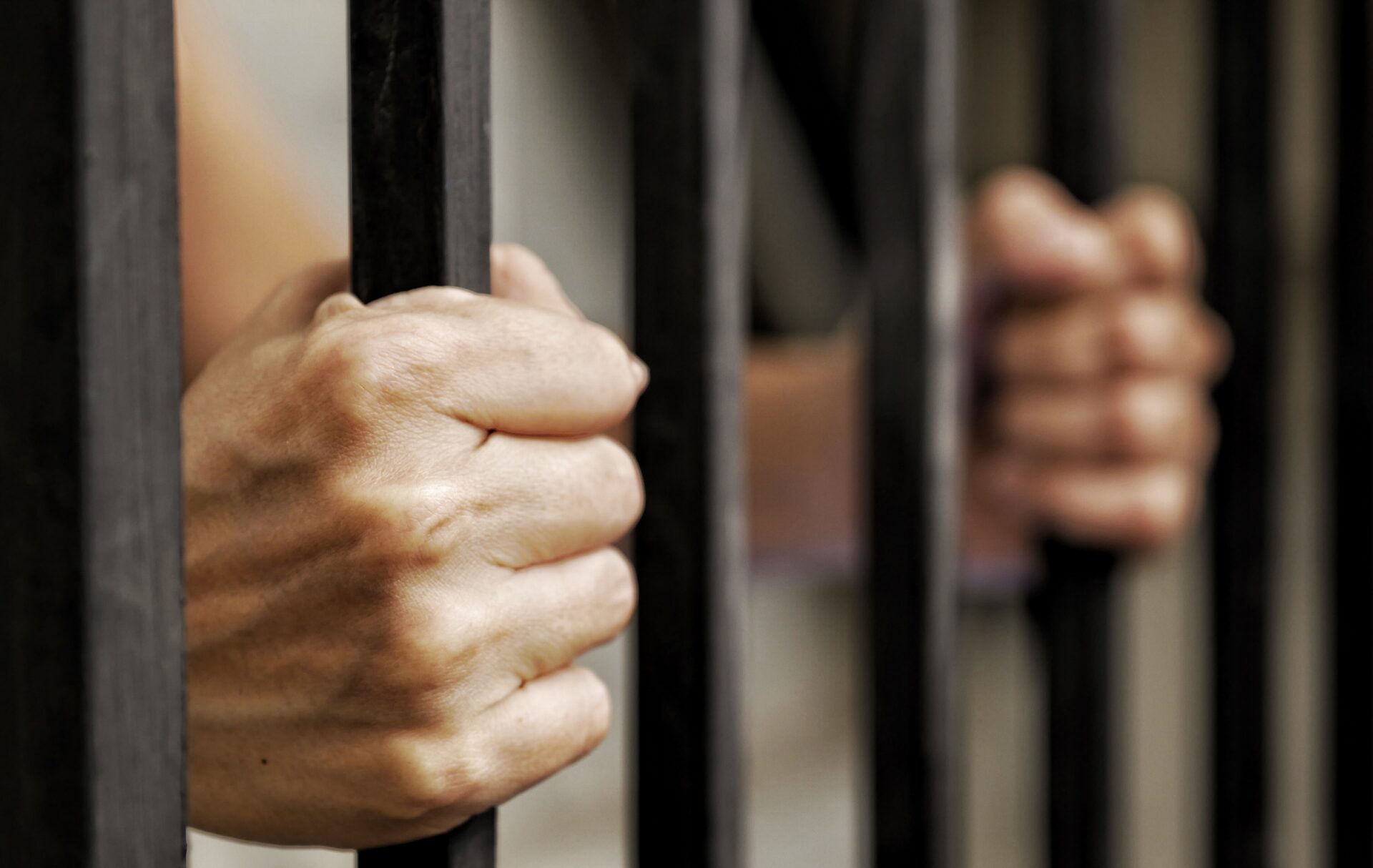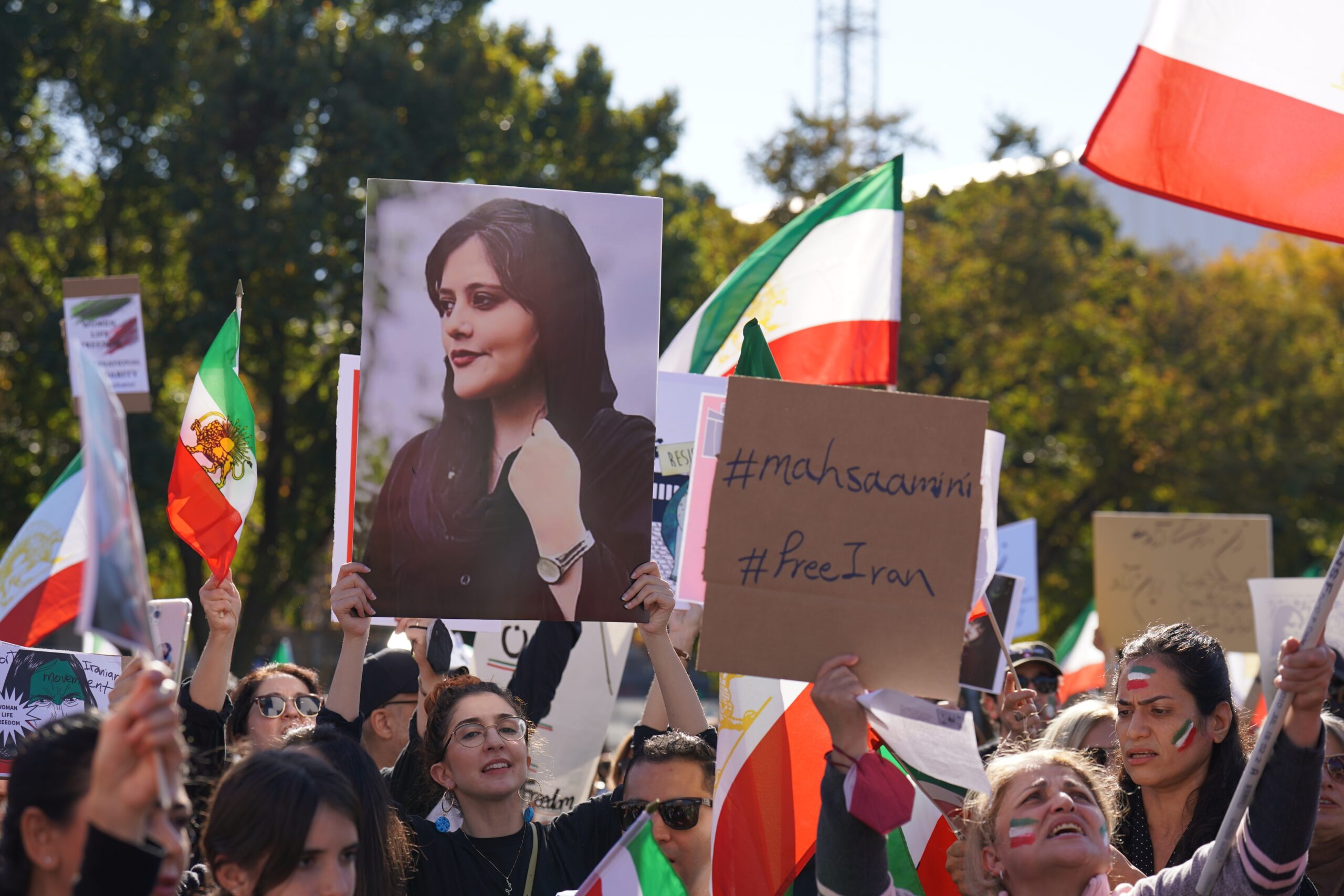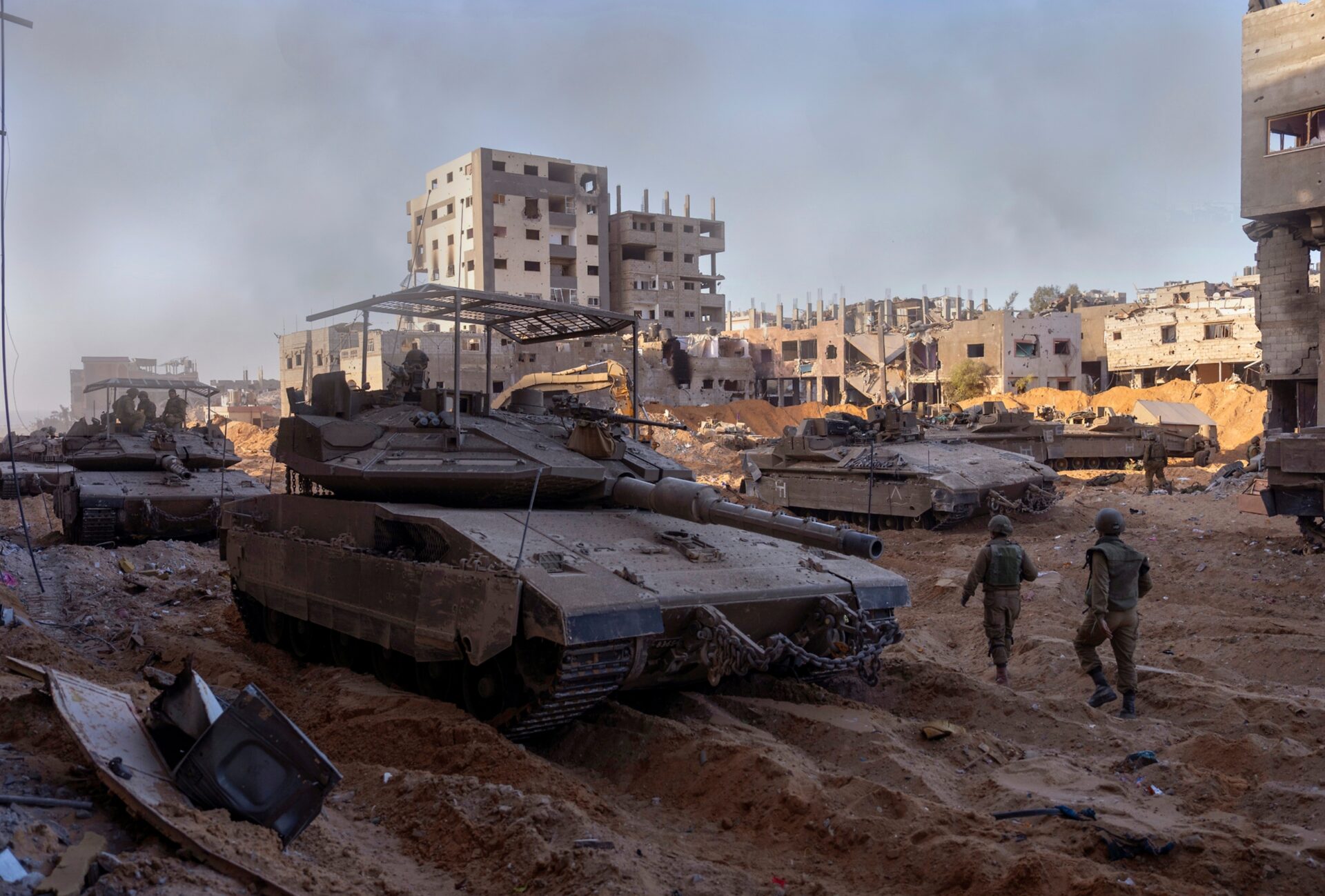When tragedy struck the Donovan family in 2001, they faced an unimaginable choice: to remain bound by grief or transform it through forgiveness.
At a Glance
- The Donovan’s son’s life was taken in a gang attack.
- Ray and Vi Donovan met with their son’s killers as part of a Restorative Justice program.
- Through forgiveness, they embarked on a mission to educate others about violence’s impact.
- The couple has been recognized with MBEs for their transformational work.
The Donovan Tragedy
Ray and Vi Donovan faced a parent’s nightmare when their son Chris was brutally murdered by a gang of teenagers in 2001. Chris’s death could have filled them with anger and hatred, but the Donovans chose a different path. They embraced restorative justice, a system focused on healing rather than retribution. They met face-to-face with one of Chris’s killers as part of a Restorative Justice program, allowing him to express profound remorse for his actions.
Their forgiveness wasn’t offered lightly; it was a step towards their own healing. Forgiving the killers wasn’t for them; it was for the Donovans themselves. By confronting the very individuals responsible for their son’s death, they found a sense of peace, a mechanism to process their grief, and a way to honor their son’s memory that anger could never achieve.
The Power of Restorative Justice
The Donovans used their experience to advocate for the adoption of restorative justice practices. They hold workshops in schools and prisons, emphasizing the catastrophic impact of crime and the value of understanding and forgiveness. Their meetings aren’t just about sharing their story; they seek to instill a deep comprehension of how crime affects victims’ families, urging offenders to reflect on their choices and understand the ripple effects of their actions.
“We’ve seen supposedly tough men break down and cry once we’ve shared our story.” – Ray Donovan.
The Donovans’ approach is built on dialogue and communication. By fostering conversations between victims and perpetrators, the Donovan’s aim to prevent violence through mutual understanding and offer a pathway of redemption for contrite offenders. This journey has earned them national recognition, including MBEs, and continues to inspire communities and rehabilitate offenders across the country.
Legacy of Forgiveness
The Donovans’ story underscores the power of forgiveness and the limitations of the traditional criminal justice system. While the latter often fails to address the emotional needs of victims, restorative justice offers a framework for healing and reconciliation that conventional punitive measures lack. Their teachings influence young people and prisoners, reinforcing the importance of choice and consequence in life.
“We spoke for three hours then I told him, ‘Why don’t you go and have the life that Chris couldn’t have? We forgive you’. And he cried” – Vi Donovan.
Through their creation of the Christopher Donovan Trust, Ray and Vi ensure their efforts lead to a tangible legacy for Chris, turning their indescribable loss into a catalyst for change. This is a legacy that pivots society away from retribution and towards understanding, proving the transformative power of compassion amidst unthinkable sorrow.







